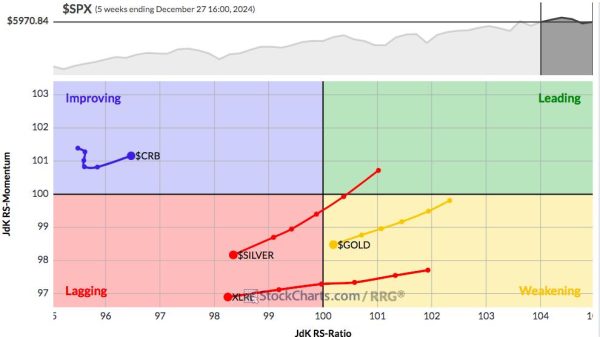Alternative Dispute Resolution (ADR) refers to a range of processes and techniques used to resolve conflicts and disputes outside of traditional court systems.
As legal proceedings can be time-consuming, expensive, and adversarial, Alternative Dispute Resolution provides a more flexible and efficient pathway for resolving disagreements. It is particularly valuable in fostering cooperation and preserving relationships, whether in personal, business, or legal contexts.
Types of ADR
ADR encompasses several methods, each tailored to different types of disputes and desired outcomes. The most common forms include:
Mediation
A neutral third party, called a mediator, facilitates discussions between the parties involved to help them reach a mutually acceptable solution.
The mediator does not impose a decision but works to guide the conversation, identify issues, and promote understanding.
Mediation is often used in family disputes, workplace conflicts, and business disagreements.
Arbitration
In this process, a neutral arbitrator or panel hears evidence and arguments from the parties and then makes a binding or non-binding decision.
Arbitration is less formal than court proceedings but can still resemble a trial in structure.
It is commonly used in commercial disputes, construction issues, and international trade.
Negotiation
A direct discussion between parties aimed at resolving their conflict without the involvement of a third party.
Negotiation is flexible, informal, and often the first step in attempting to resolve a dispute.
Conciliation
Similar to mediation, conciliation involves a third party who helps the disputing sides to settle their differences.
Unlike mediators, conciliators may offer their own recommendations or propose solutions.
Neutral Evaluation
An expert (often a legal professional) reviews the case and provides an assessment of its strengths and weaknesses, as well as the likely outcome if it were to proceed to court.
This evaluation can help parties understand their positions and encourage settlement.
Advantages of ADR
Cost Efficiency: ADR processes are generally less expensive than litigation due to reduced legal fees and shorter timelines.
Time-Saving: Disputes can often be resolved in weeks or months rather than years.
Flexibility: The procedures and rules can be customized to suit the needs of the parties involved.
Confidentiality: Unlike court cases, which are typically public, ADR processes are private, ensuring that sensitive information remains protected.
Preservation of Relationships: By focusing on collaboration and understanding, ADR minimizes hostility and often helps maintain professional or personal relationships.
Control Over Outcome: In mediation and negotiation, the parties retain control over the resolution rather than leaving the decision to a judge or jury.
Limitations of ADR
Non-Binding Outcomes: In some forms of ADR, such as mediation, the result is not legally binding unless formalized in a contract.
Unequal Power Dynamics: ADR may not fully address imbalances of power between parties, potentially leading to unfair agreements.
Lack of Legal Precedent: ADR decisions do not set legal precedents, which can be a disadvantage in cases requiring broader legal clarification.
Limited Appeal Options: Arbitration decisions, in particular, are often final and difficult to appeal.
Applications of ADR
ADR is widely used across various sectors, including:
Family Law: Divorce, child custody, and property division.
Business Disputes: Contract disagreements, partnership disputes, and intellectual property issues.
Employment Conflicts: Workplace harassment, wrongful termination, and wage disputes.
Community Disputes: Neighborhood disagreements, zoning issues, and public policy debates.
International Disputes: Cross-border trade, treaty violations, and diplomatic disagreements.
Conclusion
Alternative Dispute Resolution offers a valuable alternative to traditional court litigation, emphasizing efficiency, collaboration, and customized solutions. By understanding its various forms, benefits, and limitations, individuals and organizations can make informed decisions about the best approach to resolving their conflicts. Whether through mediation, arbitration, or negotiation, ADR continues to evolve as an indispensable tool for modern dispute resolution.
Read more:
Understanding Alternative Dispute Resolution (ADR): A Comprehensive Guide





























